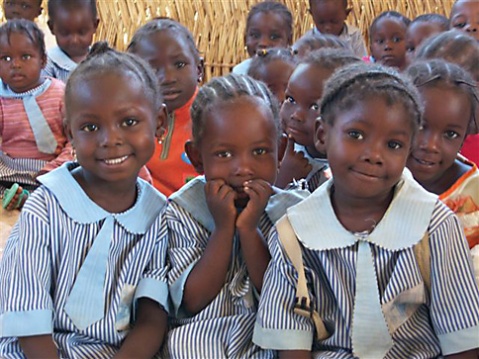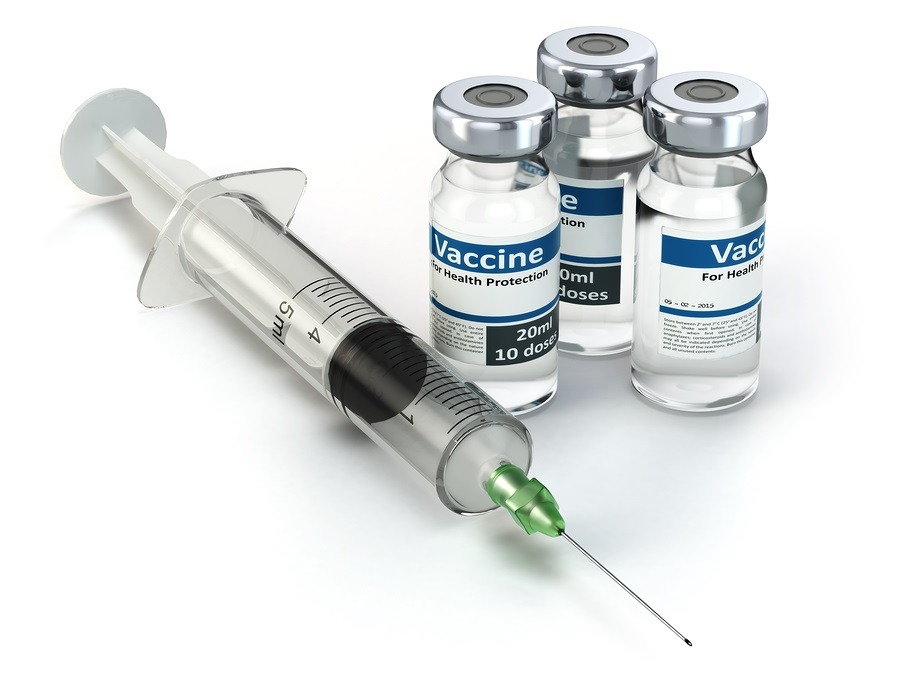| Dr Ajayi |
Among the bevy of great achievers and notable captains of industry shortlisted in recognition of their excellence, innovation and advocacy in their chosen field of
endeavor, Ajayi stands out in a class of his own.
His listing for the prestigious award does not come
as a surprise considering his significant professional achievements and
contributions towards the advancement of medicine in Nigeria
in general and
Lagos State in particular.
Ajayi's
antecedents as a major thought leader in the Nigerian
health sector are indubitable. Ajayi’s contributions towards educating the Nigerian
public and medical professionals in the area of assisted reproduction are
second to none.
A clinical gynaecologist and fertility medicine
specialist with over 33 years experience, Ajayi has dedicated 28 years of his
medical career to reproductive health and the last 15 years to helping families
challenged with infertility to achieve their dream through assisted conception.
A true advocate for Sexual and Reproductive Health &
Rights (SRHR) and maternal/ child healthcare, his aptitude for bringing succour
to women with complex gynaecological issues is notable.
From his days as a Consultant at Lagoon Hospital, Lagos,
Ajayi’s passion for impacting on women’s reproductive health issues and resolving
infertility and other sexual and reproductive health problems of married
couples has been established.
This passion culminated in the
emergence of the Nordica group of fertility centres that rank among the best in
Nigeria and Africa.
Through the Nordica Fertility Centre with branches in
Lagos, Abuja and Asaba, Ajayi and his team of professionals, provide high-end
Assisted Reproductive Treatment services in the form of IVF, ICSI, IUI and
other modern advanced techniques in fertility services.
Nordica Fertility Centre, Lagos, in particular, has been
at the forefront of educating Nigerians about fertility treatment options while
offering one of the strongest Corporate Social Responsibility and community
development services in the country.
Winner of the several awards including the “Icon Of
Health Promotion Award” instituted by the Faculty of Clinical Sciences, College
of Medicine University of Lagos, Ajayi in the course of his professional
exploits, has impacted positively on the lives of thousands of Nigerians by
restoring hope and helping couples to overcome the challenge of infertility
and complete their families through Assisted Reproductive Techniques,
ART, such as IVF.
He has been in the forefront of research into male
infertility and use of genetics in IVF to help investigate why babies die at
birth and ways of eliminating congenital abnormalities in newborns.
For the past 12 years through his NGO - the Endometriosis
Support Group Nigeria (ESGN) - Ajayi has helped break the silence around
Endometriosis, a dreaded but often misdiagnosed condition that affects women of
reproductive age.
Through sustained awareness drive, as well as helping to
treat the infertility often associated with the condition, Ajayi is helping to awaken
the consciousness of both the medical community and the general public to the
scourge.
| Dr Abayomi Ajayi |
In partnership
with the Fertility
Treatment Support Foundation (FTSF), a registered
non-profit organisation that gives out free IVF treatment to infertile
couples, Ajayi, through Nordica
Fertility Centre, Lagos, has enabled Nigerian couples with the challenge
of infertility, to access full assisted reproduction technology, ART, services,
in form of Free IVF treatment cycles.
Recently, Nordica and its technical partners,
FTSF/Alibaba Jan 1st Concert organised free fertility treatments for indigent
Nigerians. Six couples are beneficiaries of this initiative.
One of the best qualities Ajayi has entrenched in the
health sector is helping the medical profession, as well as the public, to
demystify IVF by explaining how it works, and unmasking negative perceptions
towards IVF babies and fertility treatments in general.
By helping to establish acceptable legal framework and
regulation of the Assisted Reproductive Techniques industry, Ajayi has
spearheaded advanced medical education beyond the mainstream for Nigerian
doctors in the area of heteroscopic surgery, acupuncture and minimal access
surgery, among a host of others.
Today, more than ever before, the significance of
infertility treatment is apparent in Nigeria, and the old perception of
infertility as a deadline is gradually changing. A lifeline in the form of
infertility treatment is the new order.
Ajayi’s role in impacting on the health and welfare of Nigerian
women, couples and the family unit as a whole is strengthening this new order.
Winning the Lagos
State Man of the Year 2017 Award can only inspire and galvanise such effort
and enable more lives to be touched with the message of hope in fertility.
*To
vote for Dr Ajayi as the Lagos
State Man of the Year 2017, just
text “Award Dr Abayomi Ajayi “ to +234708585007. Kindly cast your vote and tell
your friends to also support his nomination by casting their votes on or before
Sunday August 20th 2017 when voting ends.








